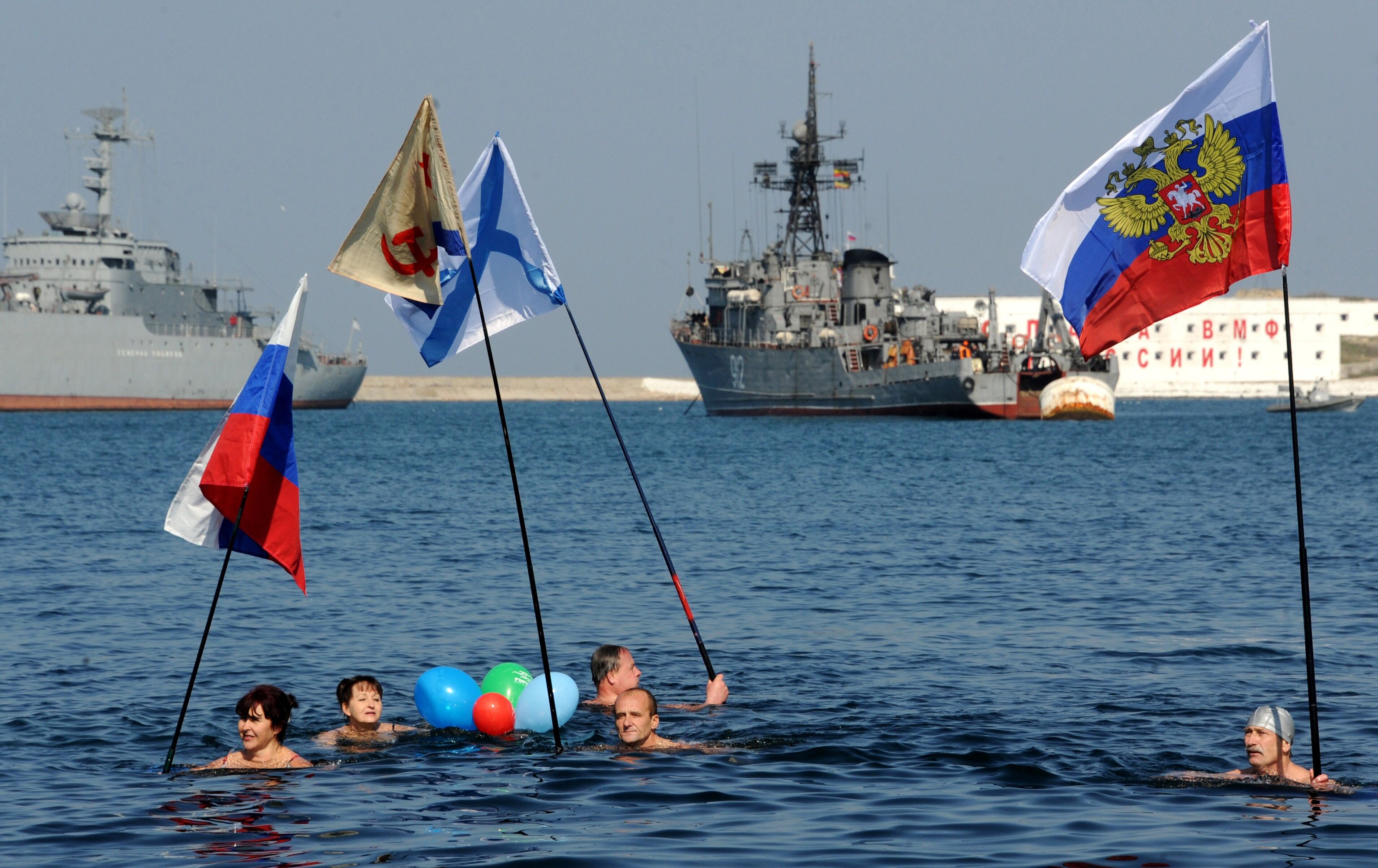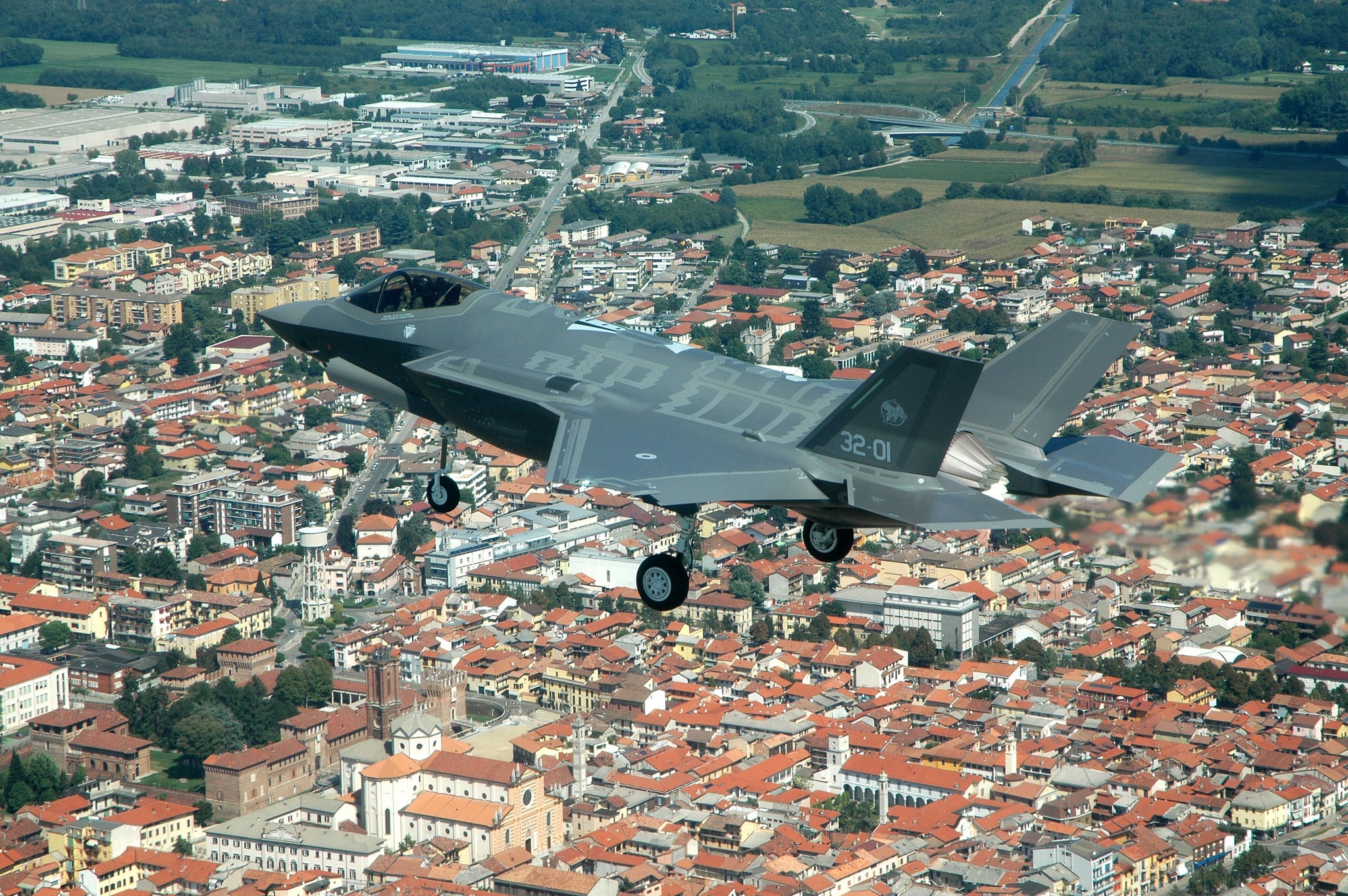BRUSSELS — NATO Secretary General Jens Stoltenberg has been drawn into the ongoing row over Huawei, the world’s largest producer of telecommunications network equipment that has been accused of posing a spying risk.
“Some NATO allies have expressed their concerns over Huawei and their role in providing 5G infrastructure. And, of course, NATO takes these concerns very seriously,” Stoltenberg said at a news conference in Brussels on Thursday.
Some officials in U.S. President Donald Trump’s administration have been pushing for him to sign an order that could result in U.S. companies being barred from buying Huawei technology.
Earlier this week, there were reports that U.S. European Command chief Gen. Curtis Scaparrotti had warned that NATO forces would stop communicating with German colleagues if Berlin were to team up with Huawei for its 5G telecom infrastructure.
The Wall Street Journal said the Trump administration had sent to Berlin a warning that it would scale back data-sharing with German security agencies if China’s Huawei were to get a role in Germany’s next-generation mobile infrastructure.
RELATED

Shenzhen-based Huawei competes with Apple and Samsung as a smartphone maker and is the global leader in next-generation high-speed 5G mobile network technology.
But some governments have banned Huawei from supplying parts to their networks due to security fears.
The company has repeatedly denied that it works with the Chinese government and that its products are designed to facilitate spying.
But the United States is lobbying European and other allies to shun the company as their phone carriers invest billions in upgrading to next-generation mobile networks.
At a news conference to unveil his annual report, Stoltenberg was asked if there was a chance that NATO would recommend to allies to ban Chinese companies from 5G procurement. He was also asked if NATO had any evidence of state-sponsored cyberattacks from China.
“We are now consulting closely on this issue, including on the security aspects of investments in 5G networks. I know that this is something which is addressed in many NATO capitals, and it is an issue which is partly a trade and an economic issue, but also has potential security implications," he told reporters.
“So we will now consult. We will assess the issue and find out how NATO as an alliance can, in the best possible way, address the challenges related to investments in 5G infrastructure.
“This is a very important issue and therefore I will not speculate so much about the potential outcomes of the assessments and discussions which are now going on in different NATO countries.
RELATED

“Regardless of this, NATO has significantly stepped up our efforts when it comes to cyber defense and cybersecurity.”
By conducting large-scale exercises, increasing awareness and sharing best practices NATO had sought to “strengthen the resilience of infrastructure and cyber networks for all allies, including our own networks,” he said.
The secretary general’s annual report, published on Thursday, shows that defense spending among European allies and Canada increased by almost 4 percent from 2017 to 2018, and that in the period from 2016 to 2018, they have contributed an additional cumulative spending of more than $41 billion.
“We expect that figure to rise to $100 billion by the end of next year,” Stoltenberg said.
Stoltenberg said that in 2018, seven allies had already reached the benchmark of spending 2 percent of their gross domestic product on defense, up from three in 2014. A majority of allies is also spending more than 20 percent of their defense expenditure on major equipment, and, according to 2018 national plans, 24 allies will meet that target by 2024.
The report also shows that allies continue to make “valuable contributions” to NATO’s operations, missions and other activities, said Stoltenberg, who indicated that there are “more than 20,000 troops serving from Afghanistan and Iraq to Kosovo, the Baltic countries and Poland.”
Martin Banks covered the European Union, NATO and affairs in Belgium for Defense News.








